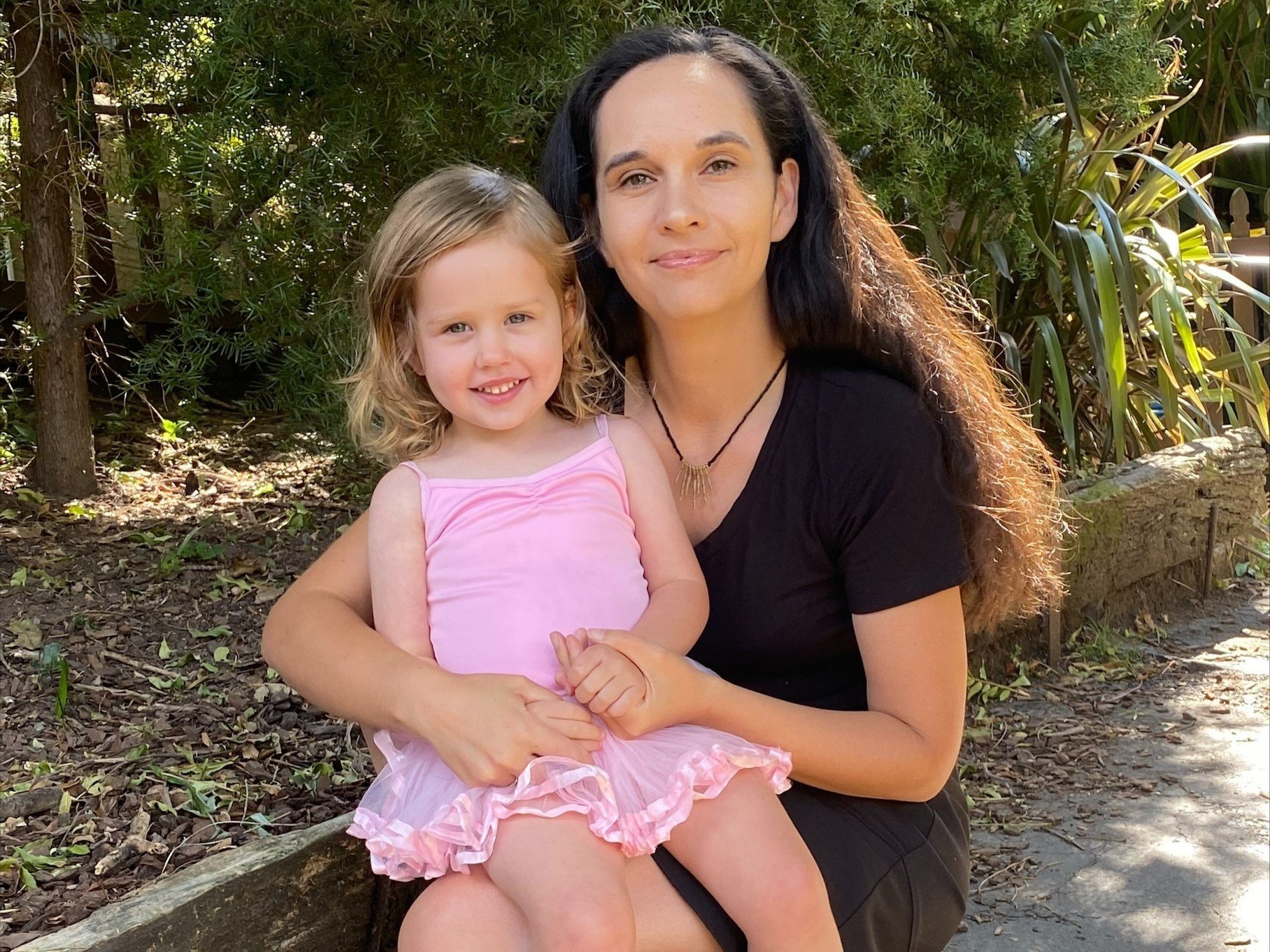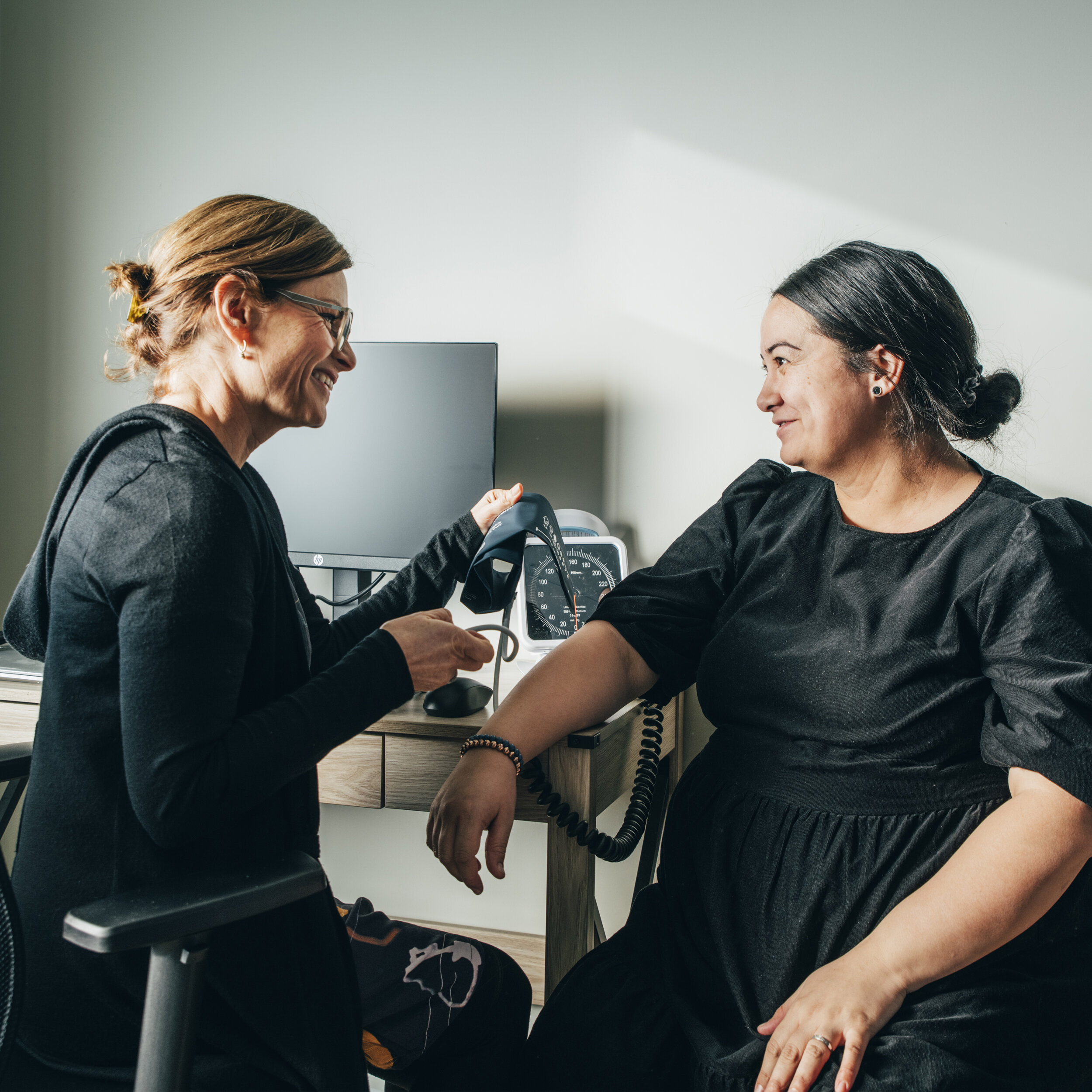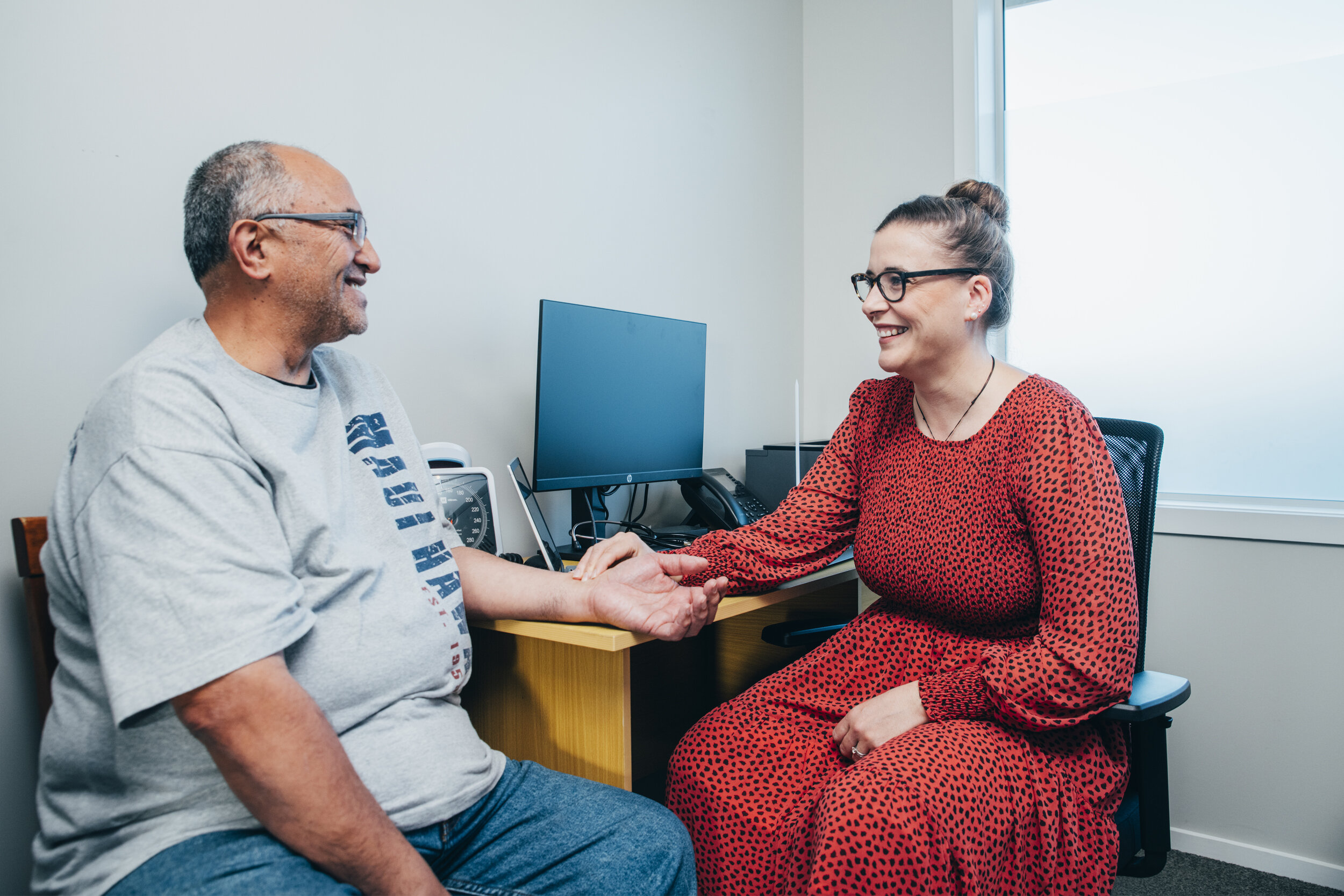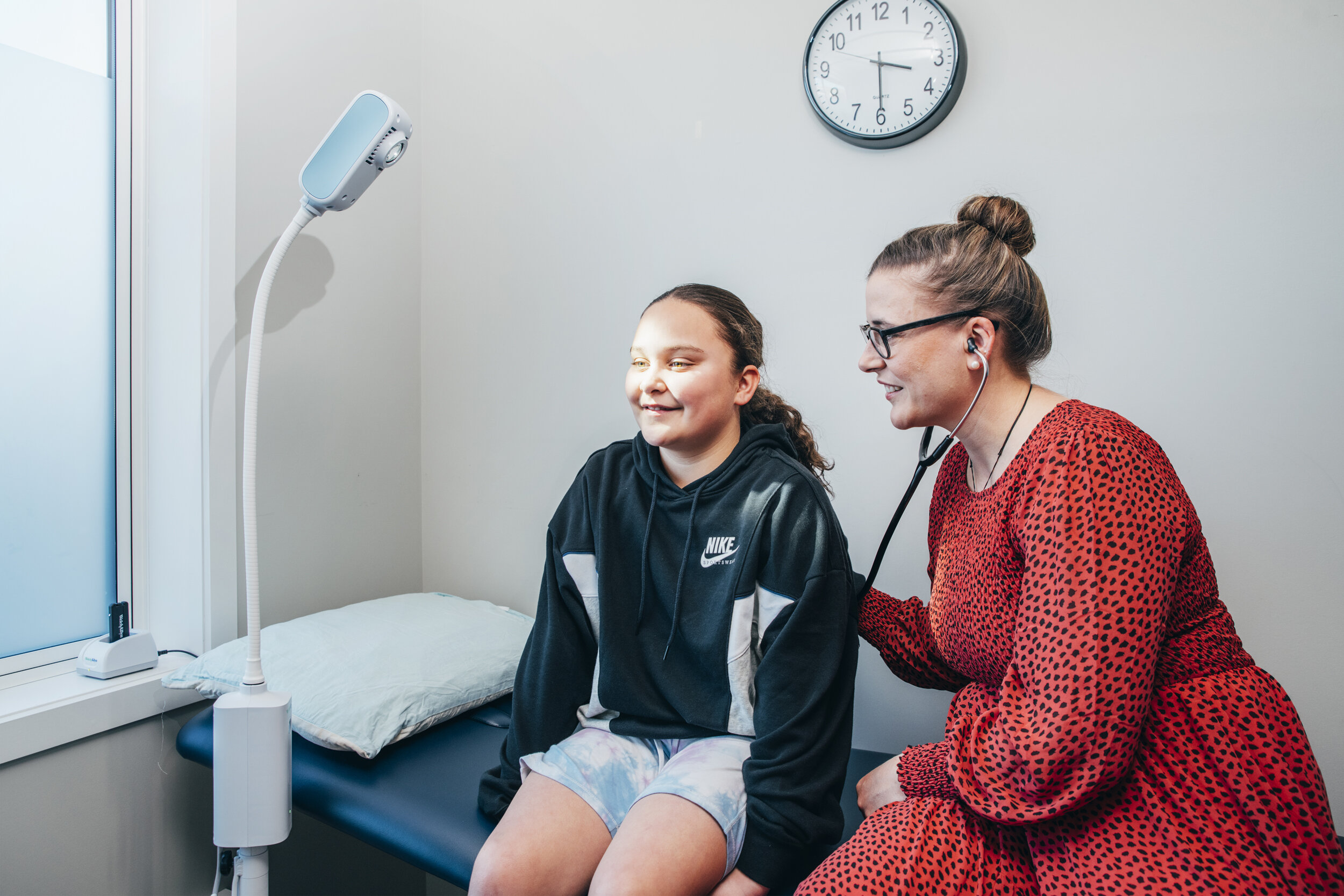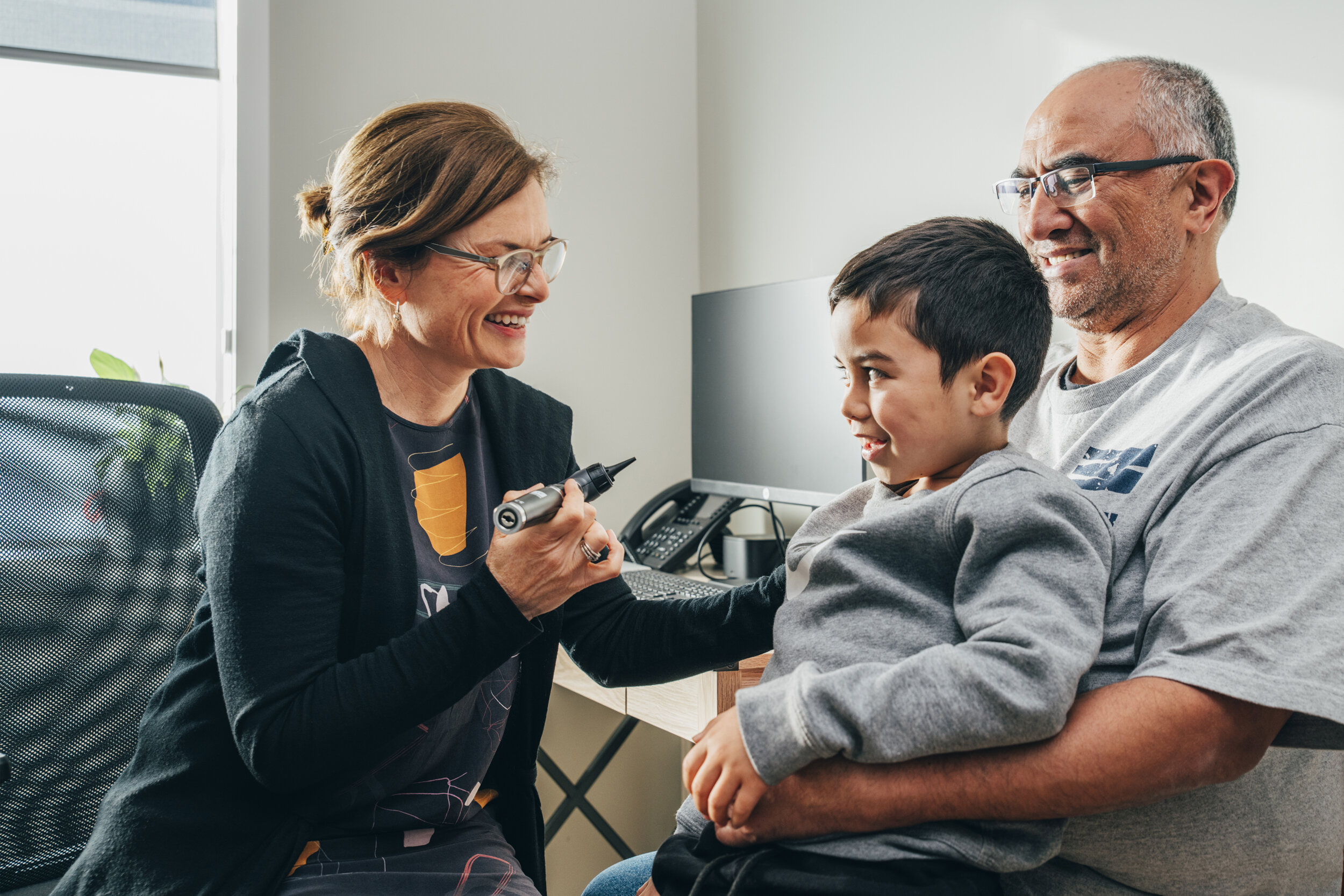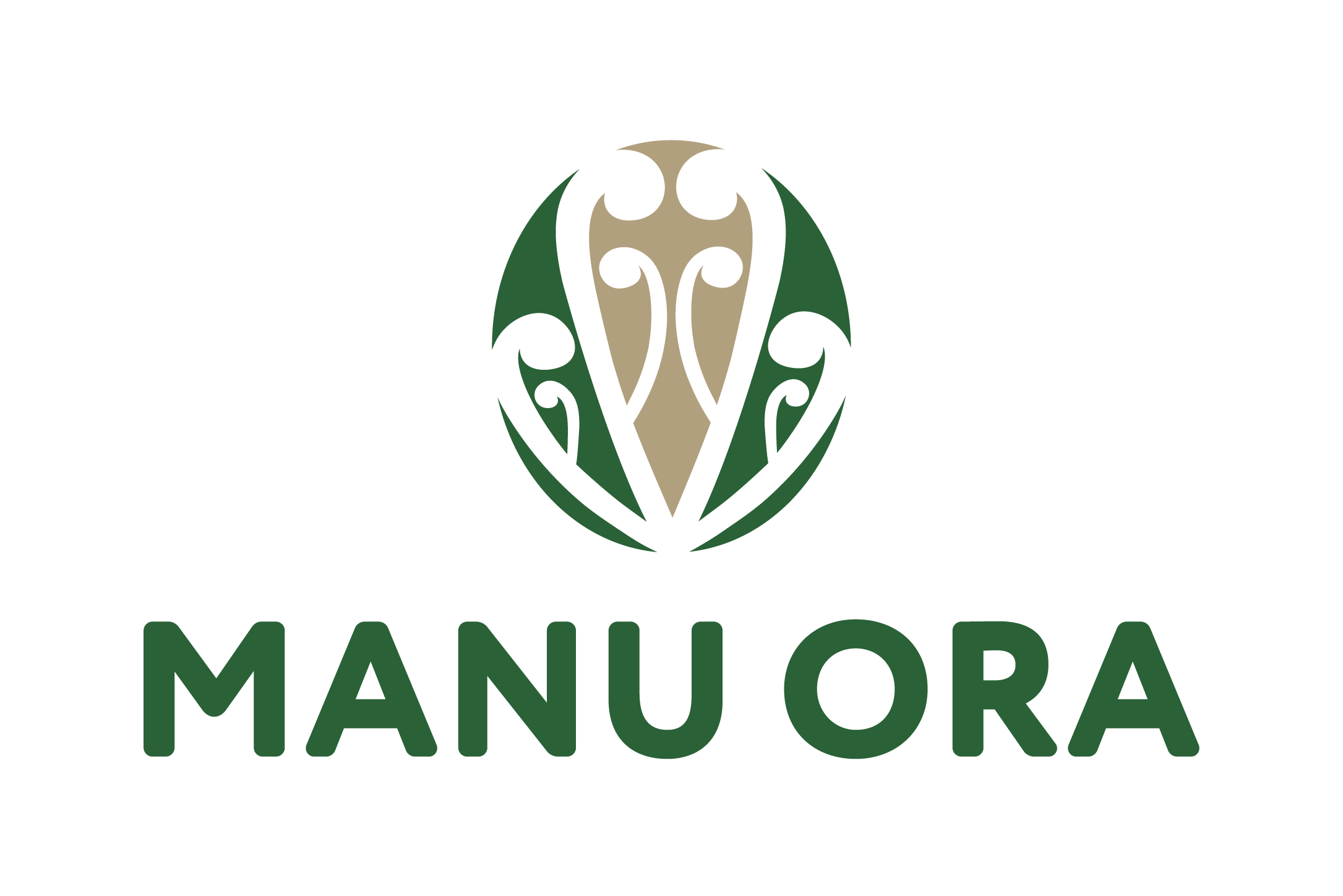To coincide with Safe Sleep Day on 6 June, and supported by Hāpai Te Hauora’s National SUDI Prevention Coordination Service, some of our Te Puāwai he Kākano whānau were invited to participate in a wahakura wānanga with kairāranga from around Te Tauihu.
Local artist and wānanga organiser Lovey Elkington says that each of whānau was able to weave their own wahakura while sharing kōrero around whakapapa, pūrakau and whānau tikanga.
Participant Kuraarangi Taituha-Ropoama says that, “Being a part of this course was a beautiful experience. Thank you so much to all the wāhine that were able to help us bring a better safe sleep wahakura for all our babies.”
Participant Huhana Ginty also shared her experience: “One sentence summing up our experience was how privileged we felt to be able to weave a lasting taonga for our pēpi from our own hands as well as weave a bond between all those there as well.”
Read about Te Puāwai he Kākano and how to access these services.
Back row, from left: Ana Beech, Atawhai Teaukura (kairāranga), Sam Cassidy, Missy Broughton (kairāranga), Anne Rapana.
Front row, from left: Kuraarangi Taituha-Ropoama, Tiarhān Taituha-Ropoama, Grayson Cassidy, Ngaio Richards, Huhana Ginty..



